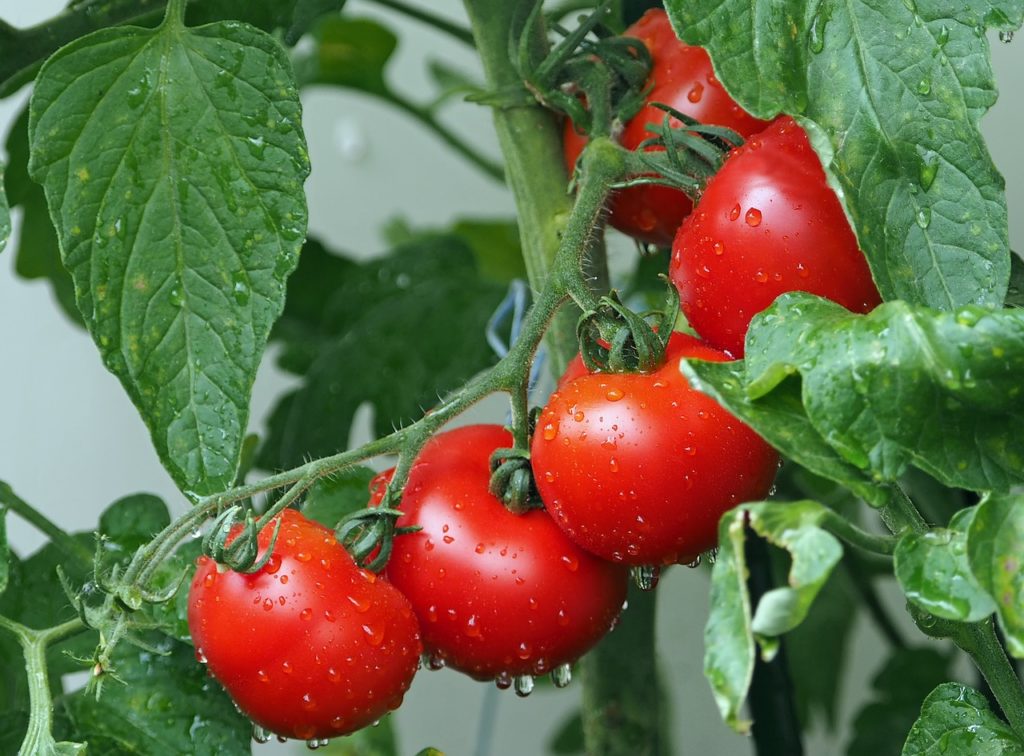By Clint Thompson
Vegetable farmers hoping to reduce input costs should implement crop rotations. This management system helps protect against unwanted pests and diseases while reducing fertilizer and insecticide inputs, said Eric Schavey, Regional Extension agent in Northeast Alabama during the Alabama Extension Commercial Horticulture Webinar Series.

“The main goal in crop rotations is to reduce the amount of the pest population in our soil. If we leave these crop residues out there, we plant the same families year after year, we’re just going to increase these hosts,” Schavey said.
It is important to rotate crops out of a field every 2 to 3 years. Fruit crops in the nightshade family or gourd family should rotate with leafy crops in the amaranth family, mint family or mustard family and then with legume crops or root crops, like in the onion family or carrot family.
“It would allow you to lower those pest populations and lower those pathogen levels in our soil,” Schavey said.
Many plant diseases are caused by pathogens that inoculate the host. These diseases include damping-off, root rot, vascular wilt and bacterial canker. If crops are properly rotated, most pathogens will die after a couple of years because there is not a suitable host, Schavey said.
Other Benefits
There are other numerous benefits besides protecting your crop against pest and disease buildup. Proper rotations improve crop yields and the workability of the soil. It increases the water availability for plants and reduces erosion and sedimentation.
Crop rotations also provide better distribution of labor during the production season. Growers can get the most bang for their buck.
“If we look at the distribution of labor in a cropping season, when we start rotating crops, you have different crops coming in at different times, we can go through those planting dates and change that and when our harvests are coming out. That’s going to help us manage our farm there,” Schavey said.









